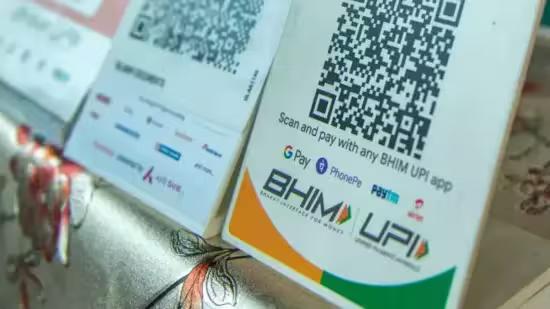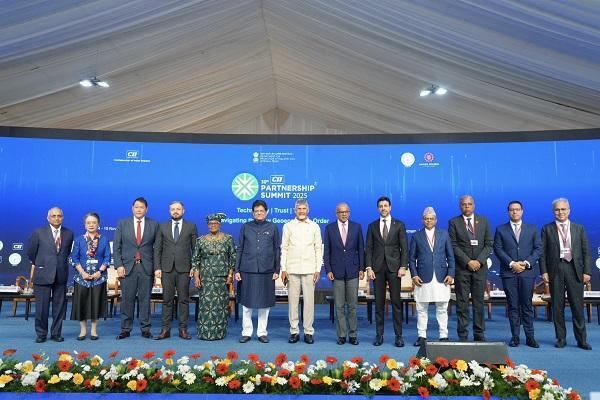
Trinidad & Tobago becomes the first Caribbean nation to adopt UPI
In a major milestone for digital payments, Trinidad and Tobago has become the first Caribbean country to adopt Unified Payments Interface (UPI), India’s flagship digital payment platform. This significant development marks a new era of collaboration between the two nations, with a focus on implementing India Stack solutions, including DigiLocker, e-Sign, and Government e-Marketplace (GeM).
The announcement was made during Prime Minister Narendra Modi’s two-day official visit to Trinidad and Tobago, where he held bilateral talks with the country’s Prime Minister Keith Rowley. The partnership between the two nations is expected to facilitate seamless transactions, enhance financial inclusion, and promote economic growth.
UPI, developed by the National Payments Corporation of India (NPCI), is a mobile payment system that enables users to send and receive money using a unique identifier, known as a Virtual Payment Address (VPA). This revolutionary platform has transformed the way people make transactions in India, with over 1 billion transactions recorded in the first quarter of 2022 alone.
The adoption of UPI in Trinidad and Tobago is a significant step forward, not only for the Caribbean nation but also for the global fintech industry. The country’s decision to join the UPI network will provide its citizens with a secure and efficient way to make digital payments, both domestically and internationally.
The partnership between India and Trinidad and Tobago is built on the principles of mutual cooperation and knowledge sharing. The two nations have agreed to explore further collaboration in the implementation of India Stack solutions, which are designed to promote digital governance, financial inclusion, and ease of doing business.
One of the key areas of collaboration will be the implementation of DigiLocker, a secure digital locker service that allows citizens to store and access their digital documents, such as passports, driving licenses, and academic certificates. DigiLocker will enable Trinidad and Tobago to move towards a paperless and cashless society, reducing the risk of document fraud and improving the overall efficiency of government services.
Another area of collaboration will be the implementation of e-Sign, an electronic signature solution that enables citizens to digitally sign documents and contracts. e-Sign will promote transparency, accountability, and security in the government’s dealings with citizens, while also reducing the risk of forgery and tampering.
The Government e-Marketplace (GeM) is another key area of collaboration between India and Trinidad and Tobago. GeM is an e-commerce platform that enables government agencies to procure goods and services in a transparent and efficient manner. The platform will promote competitiveness, innovation, and efficiency in the public procurement process, while also reducing corruption and increasing transparency.
The adoption of UPI in Trinidad and Tobago is a significant milestone in the country’s digital transformation journey. The platform will enable citizens to make digital payments for various services, including government services, utility bills, and online transactions. The UPI network will also provide a secure and efficient way for businesses to receive payments from customers, both domestically and internationally.
In conclusion, the adoption of UPI in Trinidad and Tobago marks a new era of collaboration between the two nations, with a focus on implementing India Stack solutions to promote digital governance, financial inclusion, and ease of doing business. The partnership has the potential to transform the way people live, work, and interact with each other, and we eagerly await the future developments in this exciting space.
Source:






